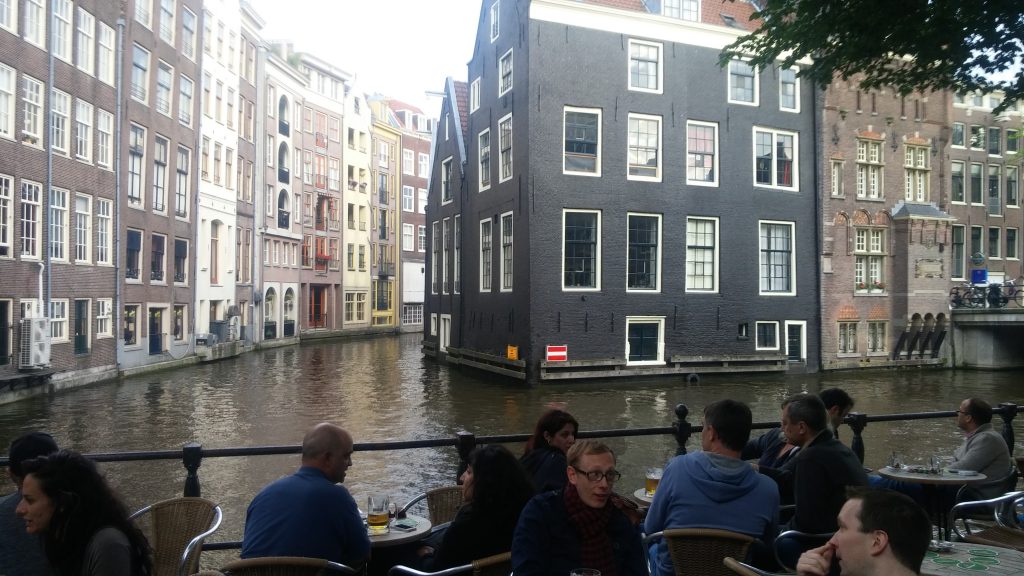Kurt Vonnegut Jr. once wrote “We are what we pretend to be, so we must be careful about what we pretend to be.” I would submit the corollary claim: “We mean what we say, so we must be very careful about what we say.” The way we use language reflects and informs how we think. Thus, I propose a few grammatical conventions to be adopted by those with leftist, progressive, and radical inclinations.
1. Refrain from capitalizing “american” and other nationalities.
The rise of Donald Trump, among other world events, suggests a resurgence of WWII-era nationalism; wasn’t “Make Germany Great Again” Hitler’s campaign slogan? It was no good then and it’s no good now! De-capitalize, de-emphasize, de-nationalize! Be proud of your country, but not too proud. Celebrate what’s good and criticize what’s bad. See yourself primarily as a citizen of the world, no more/less important than anyone else, and no more/less deserving of safety, dignity, freedom, and respect. (Eg. “My name is Dustin and I’m an american living on Earth.”)
2. Exercise caution when using “we.”
“We” is a multifaceted pronoun that can be evoked (implicitly and explicitly) in a variety of forms. The collective we can be a powerful tool for generating feelings of solidarity and resilience within a community, and should be considered correct under the radical-grammatical framework (Eg. “We shall overcome” as a slogan of the american civil rights movement).
The national we, however, tends to impose a sanitized collective history and a simplistic collective will over a hugely diverse group of people, thereby erasing many individual’s narratives and needs. For example, in resigning from the 2016 Presidential race, Ted Cruz echoed a conventional claim, that “we were founded on… [the idea] that each of us have a right to find and use our god given gifts, a right to life, liberty and the pursuit of happiness.” In reality, of course, america’s founding slaveholders (to use Nathan Schneider’s term) made pallid efforts to extend such rights to most americans– namely those without property, white skin, a penis, or any combination thereof. Thus, this usage is not grammatically-radically correct and should be avoided. Continue reading “Suggested Grammatical Conventions for Leftists, Progressives, and Radicals” →



